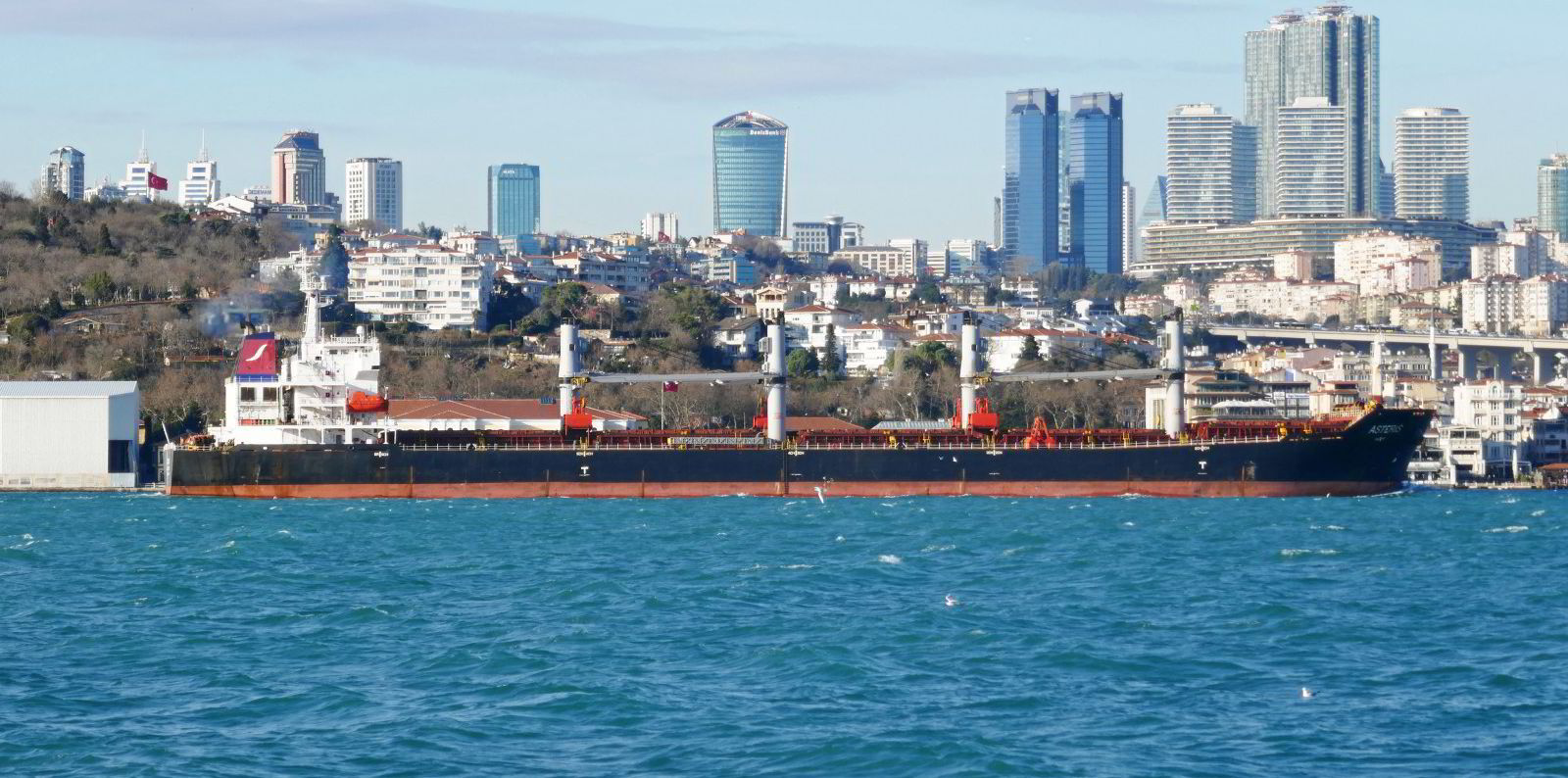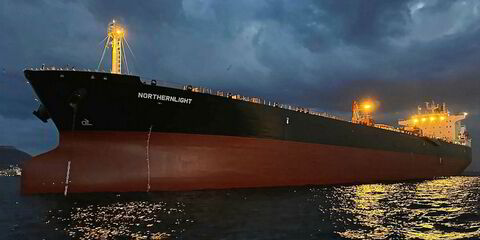Turkey’s foreign ministry formally labeled the Russian-Ukraine conflict as a war, opening the way for the government in Ankara to restrict moves of Russian war vessels through the Bosphorus.
Turkish foreign minister Mevlut Cavusoglu said in an interview with CNN Turk on Sunday that the situation in Ukraine had turned into a full-blown war and that his country would therefore “transparently implement all the provisions” of the Montreux Convention — the international treaty that governs ship traffic through the Straits.
According to article 19 of the Convention, war ships belonging to belligerent powers shall generally not pass through the straits, except when returning to their bases.
“Article 19 is pretty clear,” Cavusoglu told CNN.
Turkey’s foreign ministry experts had examined the question after a request by the government in Kiew last week to block Russian ship moves through the Turkish Straits as a consequence of Moscow’s invasion of Ukraine.
Is it a war or isn't it?
Cavusoglu had initially reacted lukewarm to Ukraine’s request on Friday.
On Saturday, however, after a telephone conversation with his Turkish counterpart Recep Tayyip Erdogan, Ukrainian president Volodymyr Zelenskyy tweeted that Turkey would block Russian war vessels.
The Turkish government didn’t directly confirm Zelenskyy’s statements and hasn’t made any formal declaration about invoking article 19 of the Montreux Convention yet.
Any such move isn’t expected to directly affect merchant shipping.
Under Montreux, commercial vessels enjoy almost complete freedom of passage and navigation in the straits — even when Turkey itself is at war or considers itself to be imminently threatened by war, on condition that they do not belong to, or assist, a state that Turkey considers an enemy.
The Turkish Straits consist of the Bosphorus, the Sea of Marmara and the Hellespont strait further south.
Being Russia’s only gateway from the landlocked Black Sea to the Mediterranean Sea and beyond, they are a potential chokehold for the country’s navy.
Their importance for Russia is highlighted by the fact that Moscow is the Straits' biggest military user by far (see graph).
According to the latest available full-year report on the Montreux treaty’s implementation, Russia alone accounted for 62% of the 214 navy vessel crossings registered in 2019.
The United States, the next biggest military user of the Turkish Straits, accounted for just 10% of all crossings. Ukraine, which is Russia’s adversary and has a tiny navy with a minimal capacity to project power outside its own waters, didn’t perform a single passage in that year.
The Bosphorus plays a smaller role for Russian commercial vessels.
Nearly 40,000 ships transit the Bosphorus each year and Russian-flagged ships account for less than 10% of that. However, the gateway is hugely important for the Russian crude oil and tanker business carried on vessels flying other flags, mainly Malta’s, Liberia’s, Panama’s or of the Marshall Islands.
The Montreux treaty has stood the test of time well since it was adopted in 1936 and Turkey would be loath to be seen to violate it.
The shipping and international communities cherish the Montreux regime so much, that observers even raised concerns last year that Turkish plans to build an artificial waterway parallel to the Bosphorus might undermine it.
Turkish officials, however, dismissed such fears. Montreux rules would continue to apply for the new $10bn project dubbed Istanbul Canal, they said.



